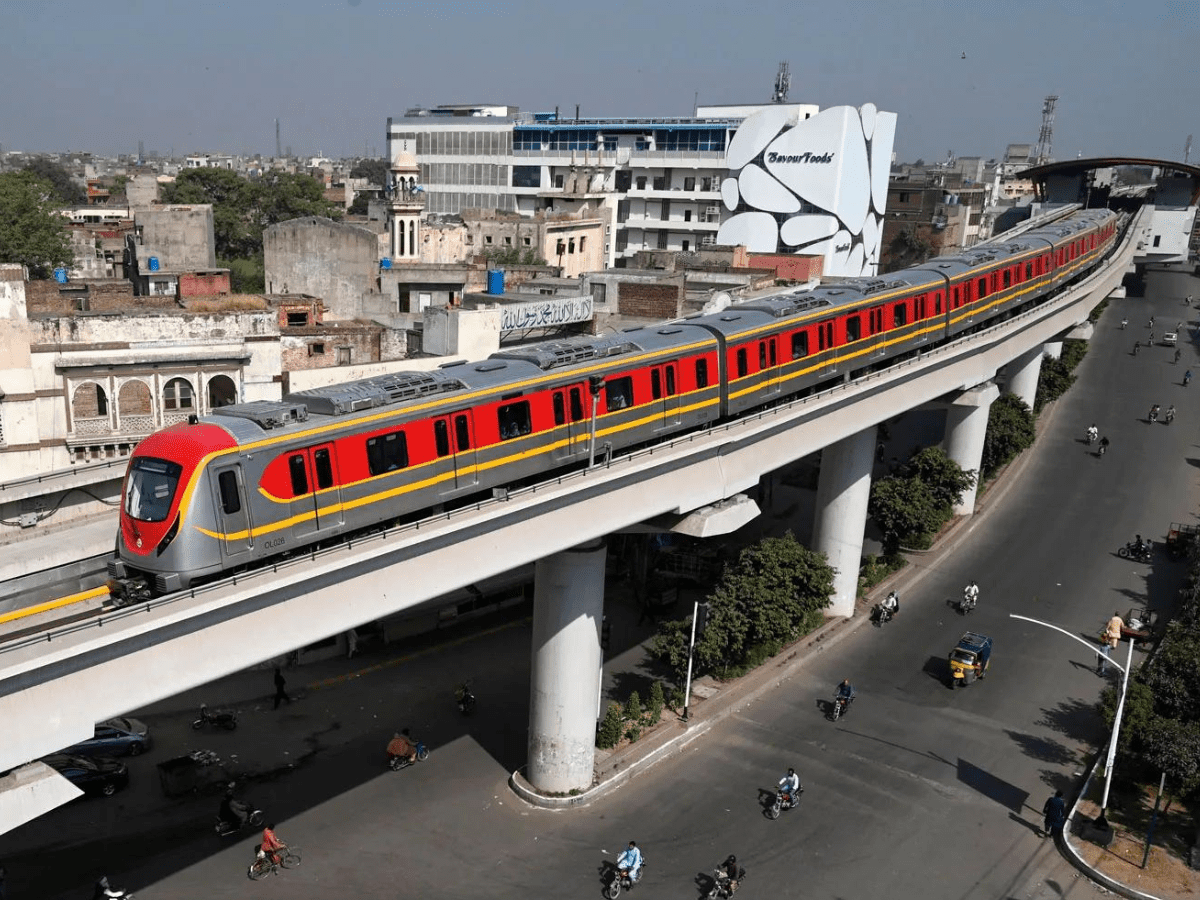
Beijing: China’s plan to build a railway link to Pakistan through the disputed Pakistan-occupied Kashmir (PoK) region could cost about USD 57.7 billion, according to an official feasibility study, which recommended the government go ahead with the project for its strategic significance, despite heavy costs, a media report said on Thursday.
The proposed 3,000-km railway, connecting Pakistan’s port of Gwadar to Kashgar in China’s Xinjiang Uygur autonomous region under the China-Pakistan Economic Corridor (CPEC), was assessed by scientists from the state-owned China Railway First Survey and Design Institute Group Co Ltd.
India has protested to China over the USD 60 billion CPEC corridor as it is being laid through PoK.
China’s increasing number of projects in Pakistan with billions of dollars in loans raised concerns about the increasing indebtedness of Pakistan, which is reeling under a serious economic crisis.
The CPEC is officially regarded as the flagship project of China’s multi-billion-dollar Belt and Road Initiative (BRI) – the pet project of Chinese President Xi Jinping.
The Institute Group Co Ltd team, led by its deputy director of capital operations Zhang Ling, said in its study that if the project is taken up, it will be BRI’s most expensive transport infrastructure, the Hong Kong-based South China Morning Post reported on Thursday.
Despite the cost, the project had the potential to reshape trade and geopolitics across the Eurasian continent and should be supported, the research team said in a report published by the Chinese-language journal Railway Transport and Economy in April.
The Post quoted the report as saying that “the government and financial institutions [in China] should provide strong support, increase coordination and collaboration among relevant domestic departments, strive for the injection of support funds and provide strong policy support and guarantees for the construction of this project.”
The institute is one of the largest of its kind in China and has been involved in many major railway projects at home and internationally, including Indonesia’s Jakarta-Bandung high-speed rail line.
The proposed railway will link China’s western regions with the Arabian Sea, bypassing the Strait of Malacca and reducing dependence on the South China Sea, it said, highlighting its strategic importance.
The recommendation for the CPEC railway line with such high costs is significant as China earlier spoke of plans to build an oil pipeline through the mountainous region which raised questions about the feasibility and costs of pumping oil through the great heights.
The feasibility paper argued that connecting the railway with other transport networks in the region including in Iran and Turkey would also provide a more direct route to Europe for Chinese goods, while it could improve Pakistan’s infrastructure.
The study report also pointed out the railway’s potential impact on neighbouring countries, such as India and there could be disagreements or delays in decision-making related to the project.
It cautioned that China may have to take the entire expenditure unlike its other trans-nation projects considering Pakistan’s current economic crisis.
It also pointed out that Pakistan had experienced security challenges in recent years, including in its western region where the railway will pass through.
Balochistan province, for instance, where Gwadar port is located has been plagued by separatist violence for decades, the latest being two explosions at Pakistan’s counterterrorism office in which 13 people were killed, the Post reported.
This could potentially disrupt the construction and operation of the railway and pose a risk to Chinese workers and investments, it said.
Besides the CPEC railway, China is also carrying out a feasibility study to build a trans-Himalayan railway to connect Nepal through Tibet.
